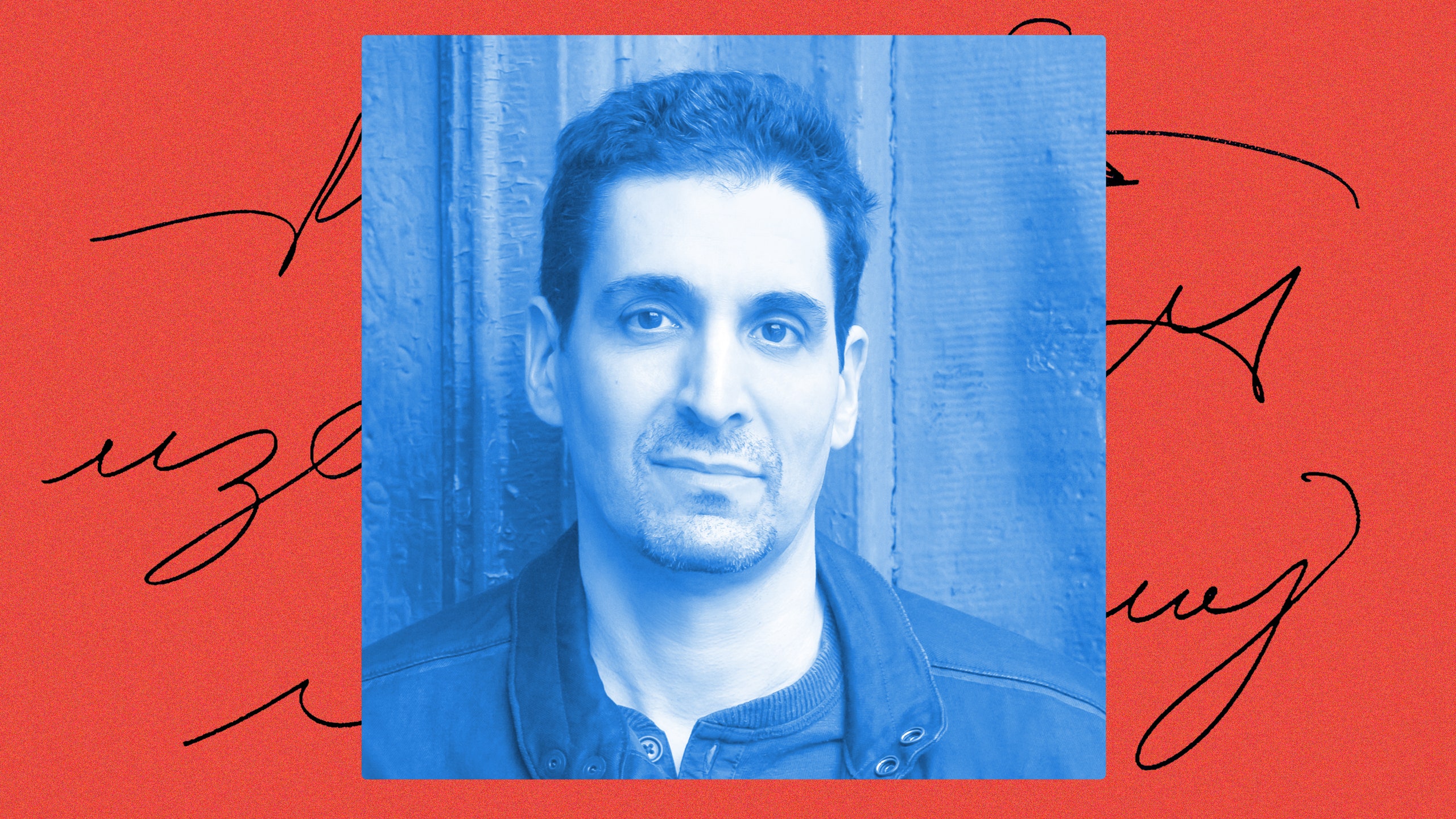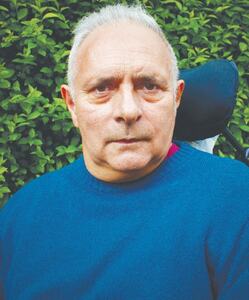
Saïd Sayrafiezadeh on Debt, Cults, and Our Inner Algorithms
The narrator of your story “ Minimum Payment Due ” is mired in debt and, from the outset, trying to
In 1991, 22-year-old white Wisconsinite Emily was the beleaguered assistant to a literary agent. She wants to be a writer, loves Literature with a capital L, and is unimpressed by the feel-good writing of her mother’s college friend Lucy, who wrote a few novels for a small press. But Emily appreciates that Lucy is a real author who she might be able to take on as a client—and that Lucy acts as a sort of adulthood midwife, taking Emily to cocktail parties and teaching her to cook. Meanwhile, Emily becomes friends with another Emily, a brilliant, volatile, and effortlessly cool aspiring theatre director who lives in a formerly abandoned East Village squat that was rebuilt by its tenants and that always seems to be just days away from being seized by the NYPD. In deference to her intense new friend, Emily becomes Em. 15 years later, Em is estranged from Emily, focusing her attention instead on her new baby and feeling simultaneously wondrous, panicked, and exhausted about motherhood. Em, who checked in with the office every day of maternity leave, goes back to work as a senior editor at St. Martin’s Press, trying to publish reprints of Lucy’s books and discovering the problems at her workplace, as well as her place in them—that a thick skin developed from crying in the office bathroom might not be the badge of honor, she thinks it is. As Em ages and the city gentrifies, she figures out what she wants out […]
Click here to view original web page at In “Vintage Contemporaries,” A Young Woman Reconciles Her Idealism With the Realities of Adulthood in New York City
© 2023, wcadmin. All rights reserved, Writers Critique, LLC Unless otherwise noted, all posts remain copyright of their respective authors.

The narrator of your story “ Minimum Payment Due ” is mired in debt and, from the outset, trying to

Hanif Kureishi You have been back in your London home for several months now, after a year in different hospitals,


